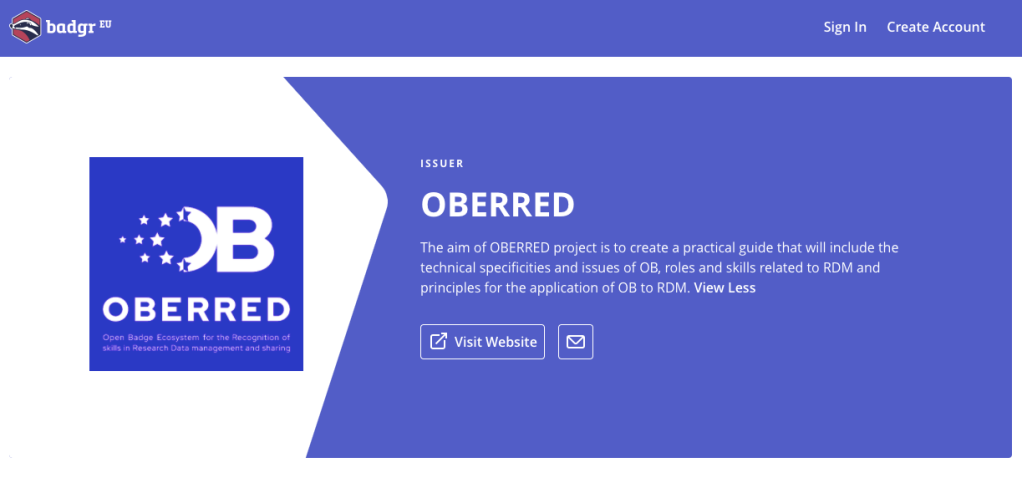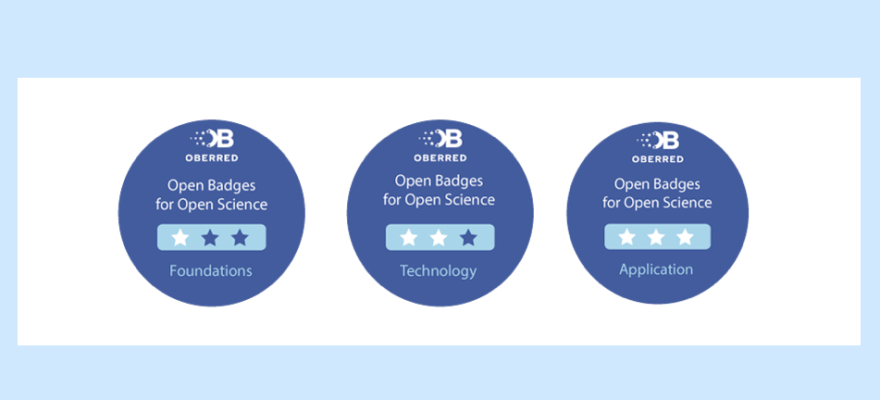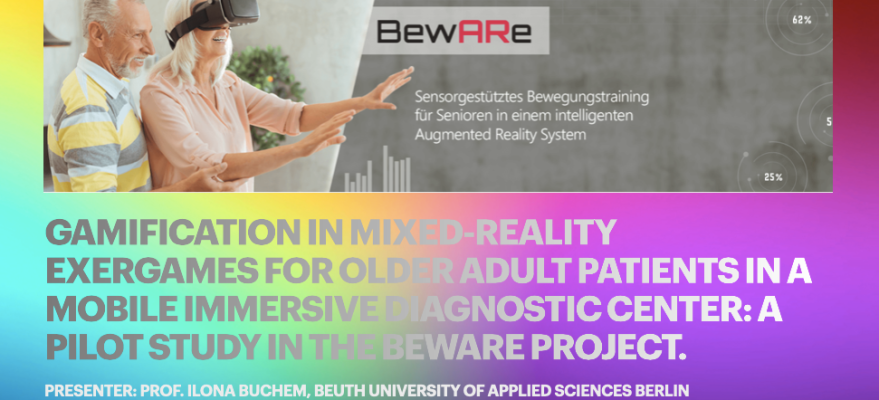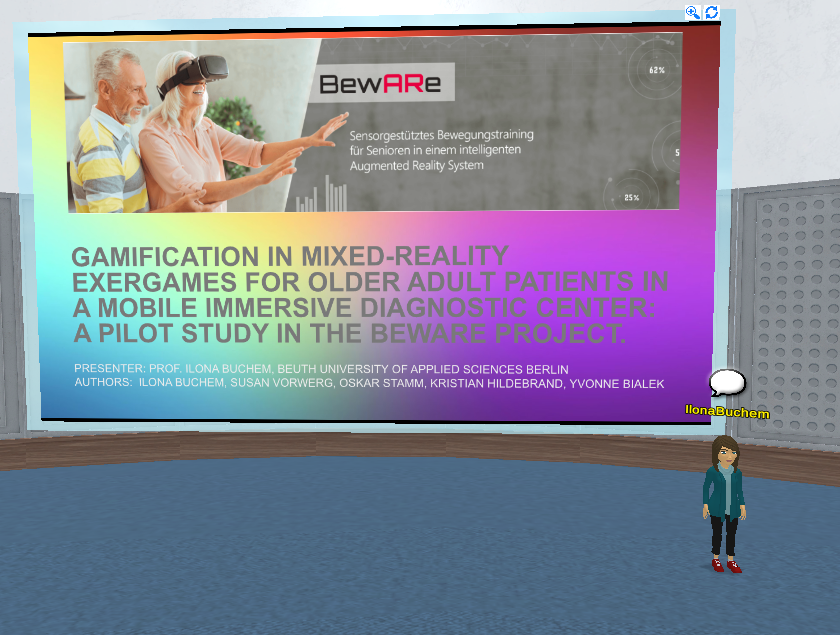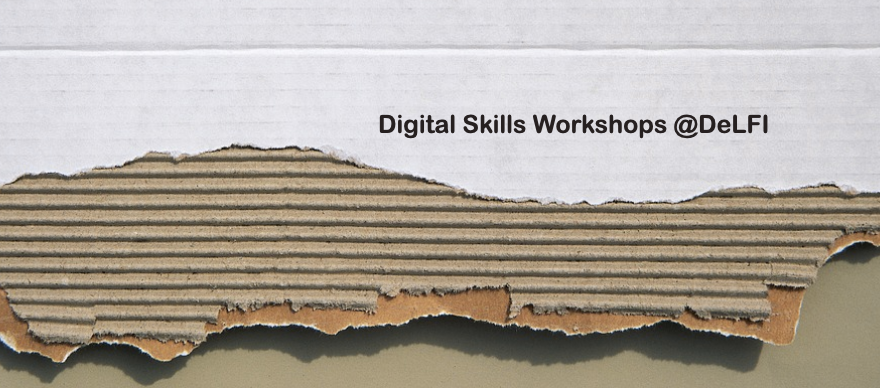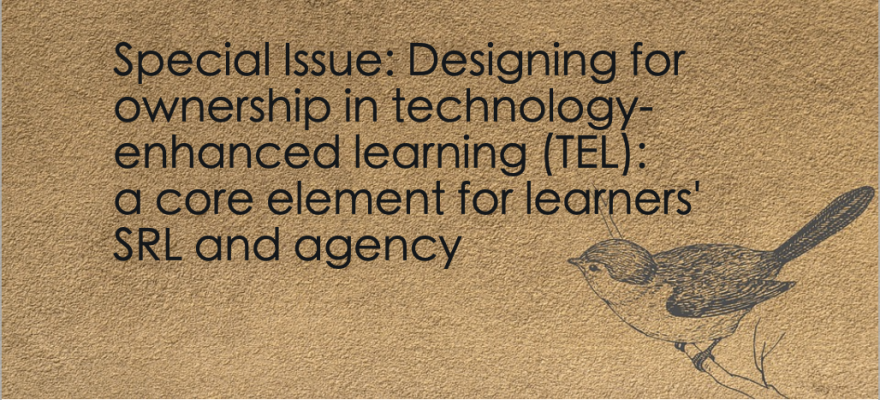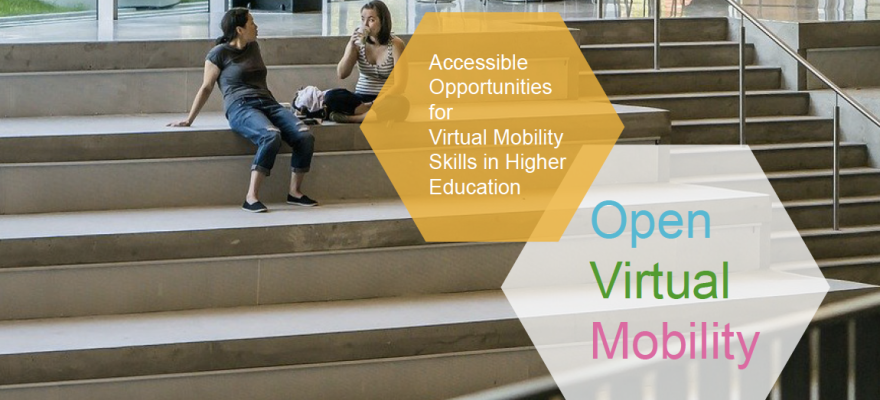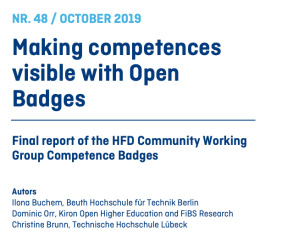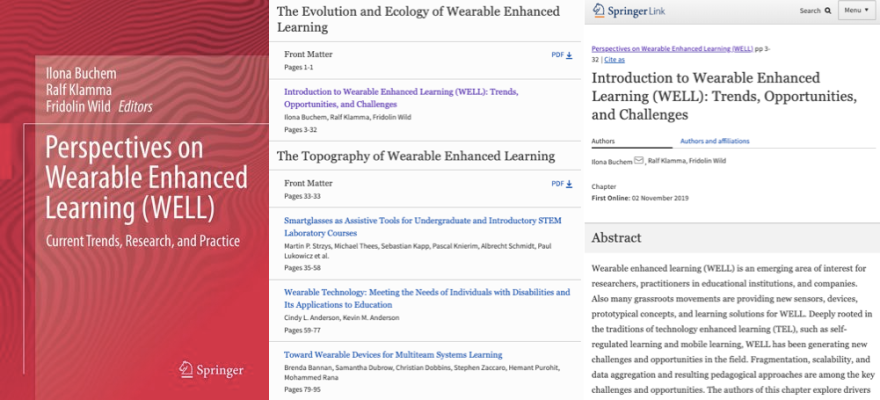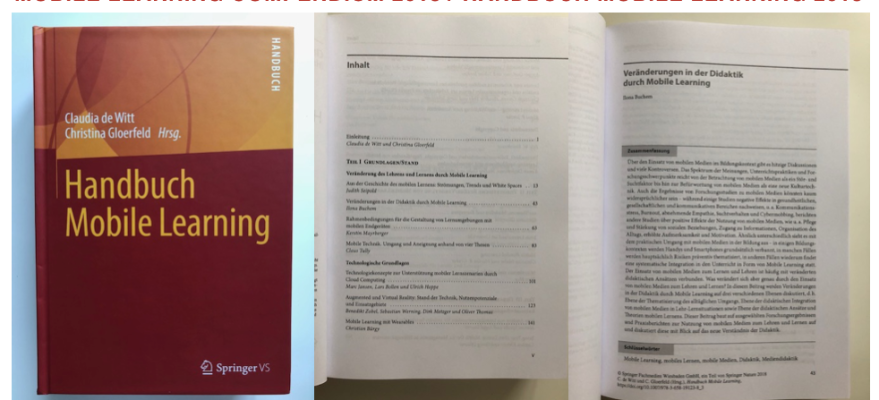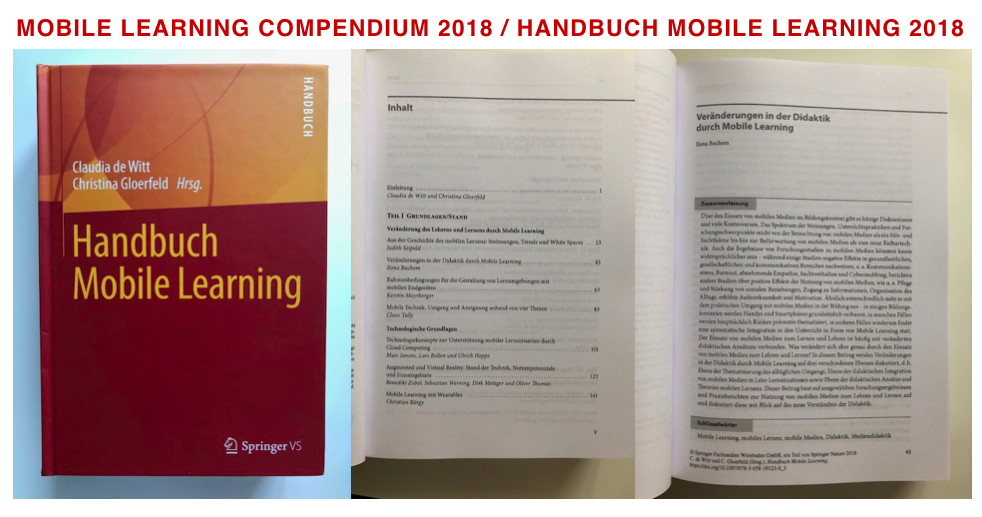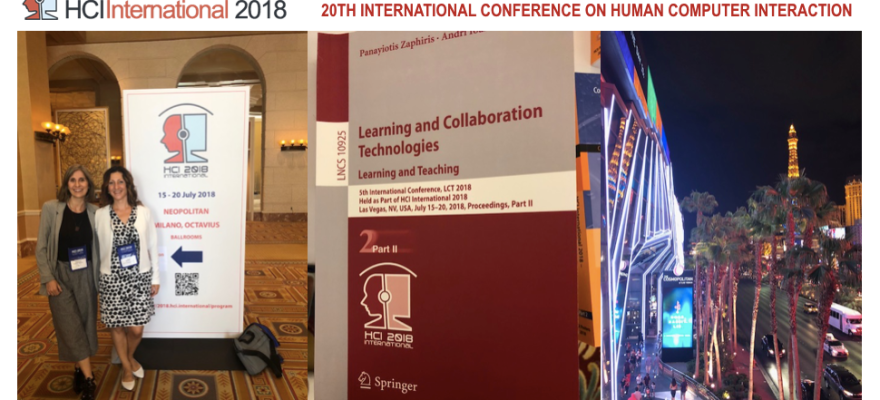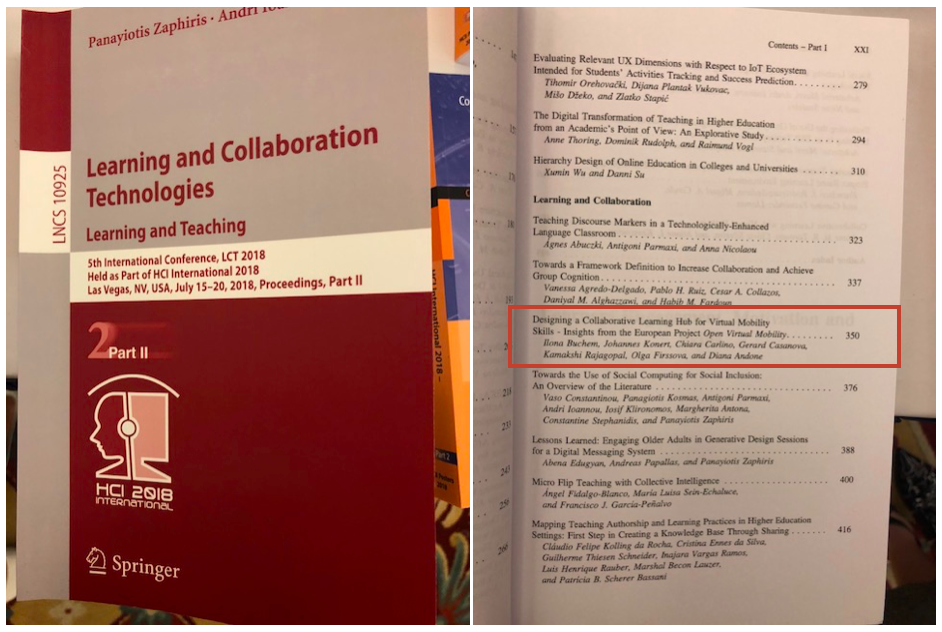I am happy to share the links to our papers about the instructional design of the MOOC “Open Badges for Open Science”
#1 Buchem, Ilona & Okatan, Ebru (2021). Using the ADDIE Model to Produce MOOCs Experiences from the OBERRED project. In Meinel, C, Staubitz, T. Schweiger, S. et al. (Eds.) EMOOCs 2021, Proceedings of the Hasso Plattner Institute Online Conference. Universitätsverlag Potsdam, ISBN 978-3-86956-512-5, S. 249-259. URL https://publishup.uni-potsdam.de/opus4-ubp/frontdoor/deliver/index/docId/51030/file/emoocs2021.pdf
#2 Buchem, I. de Rosa, R., Okatan, E., Clausen, A., Sarauer, A. (2021). Designing Interactive Micro-Content for MOOCs. Design Approach and Implementation in the OBERRED project. INTED2021 Proceedings, International Technology, Education and Development Conference, 8-9 March, 2021, URL https://library.iated.org/view/BUCHEM2021DES
The MOOC “Open Badges for Open Science” is one of the three MOOCs developed in the OBERRED project and is available for free on the European MOOC platform EMMA under this link:
https://platform.europeanmoocs.eu/course_open_badges_for_open_science
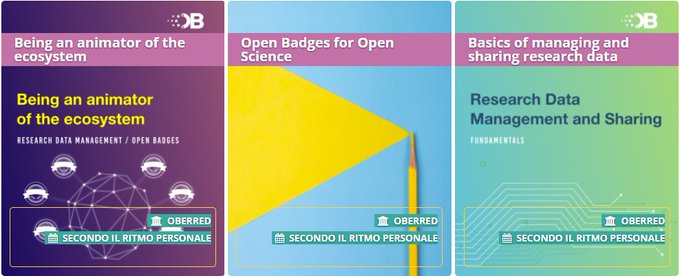
We have designed this MOOC in a small team with my students at Beuth University (Alexander Clausen, Aaliyah Sarauer, Ebru Okatan) and the support of the project colleagues as part of the Erasmus+ project called Open Badge Ecosystem for the Recognition of Skills in Research Data Management and Sharing – OBERRED – https://oberred.eu.
Ebru Okatan, the co-author of the first paper, is one of my students who have worked on the design and the delivery of the MOOC including the facilitation of the MOOC in the tutor at three Levels (Lessons) following the Five Stages Model of E-Moderation by Gilly Salmon.

Alexander Clausen and Aaliyah Sarauer, the co-authors in the second paper are students who designed the interactive MOOC content using the H5P authoring tool. Here is a preview of some of the H5P content from the MOOC:
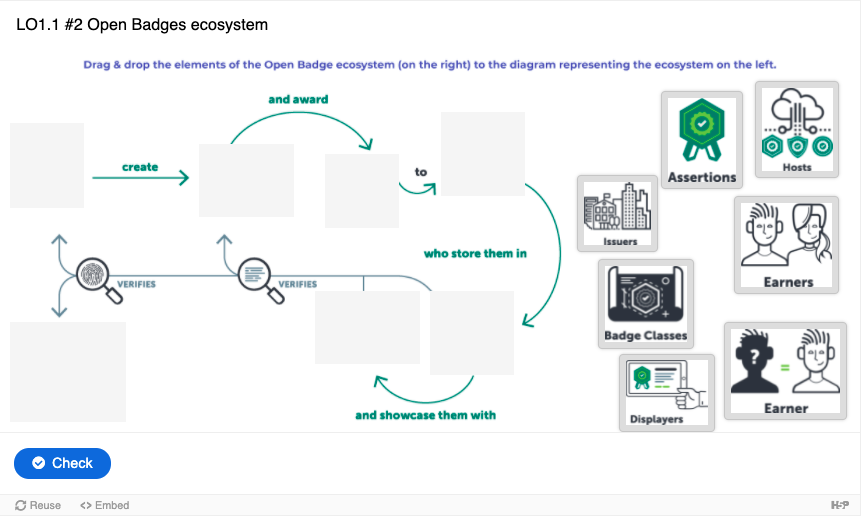



In the MOOC “Open Badges for Open Science” we issue Open Badges for the successful completion of each level and for the project assignment at the end of the MOOC using the Badgr platform:
https://eu.badgr.com/public/issuers/9uLa_VbUTFC4-GDywzEsGw/badges
